Oxygen, fuel, and heat. That’s what it takes to make a fire. Take one of those three things away and the fire is gone, limit one or two and the flame will be weak, but a big supply of all three will give a real blaze. Igniting passion, likewise can’t be completed with just one trick; it is a combination of techniques that we refine over the course of our careers.
I spent about 10 years as an instructor in a scientific scuba diving program at a leading marine science institution. During my time in that role, I acted from a fierce passion to strive for excellence in every facet including the courses I taught. I am a passionate diver and educator and do everything in my power to pass the flame on to others. I have seen firsthand how a student whose passion has been stoked can make tremendous impacts in their field of study; if we as individuals, as educators, want to make the largest positive impact on society that we can, it’s not just through teaching or passing on knowledge alone, it’s by igniting passion in students.
Oxygen, fuel, and heat. That’s what it takes to make a fire. Take one of those three things away and the fire is gone, limit one or two and the flame will be weak, but a big supply of all three will give a real blaze. Igniting passion, likewise can’t be completed with just one trick; it is a combination of techniques that we refine over the course of our careers.
I spent about 10 years as an instructor in a scientific scuba diving program at a leading marine science institution. During my time in that role, I acted from a fierce passion to strive for excellence in every facet including the courses I taught. I am a passionate diver and educator and do everything in my power to pass the flame on to others. I have seen firsthand how a student whose passion has been stoked can make tremendous impacts in their field of study; if we as individuals, as educators, want to make the largest positive impact on society that we can, it’s not just through teaching or passing on knowledge alone, it’s by igniting passion in students.
As a collaborative project with Waterlust, I got the chance to document class trips to Bonaire in 360 format. It took some getting used to but was an immersive way to document the trip and all that the students were accomplishing.
In education, there is something referred to as Bloom’s Taxonomy. Often depicted as a pyramid with the most rudimentary level at the base, the first step is for students to remember and recall facts. If our students can recall all the information on tests, the institution may be satisfied, but dedicated educators I know would agree that we must not just stop there. If the only thing students could do at the end of a course is just regurgitate the right answers on a test, I wouldn’t consider it a job well done. Bloom’s next steps are for students to understand and explain, then apply, analyze, evaluate, and finally create or produce original work with the knowledge they’ve been given. As dedicated educators, many of us strive for every one of our students to reach Bloom’s top echelon by the conclusion of any course we teach.
However, for some of us, even that just isn’t enough.
In education, there is something referred to as Bloom’s Taxonomy. Often depicted as a pyramid with the most rudimentary level at the base, the first step is for students to remember and recall facts. If our students can recall all the information on tests, the institution may be satisfied, but dedicated educators I know would agree that we must not just stop there. If the only thing students could do at the end of a course is just regurgitate the right answers on a test, I wouldn’t consider it a job well done. Bloom’s next steps are for students to understand and explain, then apply, analyze, evaluate, and finally create or produce original work with the knowledge they’ve been given. As dedicated educators, many of us strive for every one of our students to reach Bloom’s top echelon by the conclusion of any course we teach.
However, for some of us, even that just isn’t enough.
Updated in 2001 from the original 1956 research, Bloom's Taxonomy outlines the hierarchy of teaching, learning, and assessment objectives.
Updated in 2001 from the original 1956 research, Bloom's Taxonomy outlines the hierarchy of teaching, learning, and assessment objectives.
It’s great when our students get to the top and create original work of their own, but what if they can light up with passion? I’m talking about a passion not only in themselves, but a passion that bursts forth into their careers and is visible to others. This is where the bar for education is and this is our true goal, for out of passion comes a further desire to learn, network, build, innovate, inspire others, and ultimately push society forward in a meaningful way.
With expertise in scientific dive instruction and a master’s degree in leadership, I’m going to share my strategy to inspire students in hopes that you can apply it to whatever educational setting you’re in. Just how it takes three components to light a fire, it takes three elements to light up students’ passion for the material: 1) earn credibility through your expertise, 2) connect with students on a personal level, and 3) model your own passion for the material.
It’s great when our students get to the top and create original work of their own, but what if they can light up with passion? I’m talking about a passion not only in themselves, but a passion that bursts forth into their careers and is visible to others. This is where the bar for education is and this is our true goal, for out of passion comes a further desire to learn, network, build, innovate, inspire others, and ultimately push society forward in a meaningful way.
With expertise in scientific dive instruction and a master’s degree in leadership, I’m going to share my strategy to inspire students in hopes that you can apply it to whatever educational setting you’re in. Just how it takes three components to light a fire, it takes three elements to light up students’ passion for the material: 1) earn credibility through your expertise, 2) connect with students on a personal level, and 3) model your own passion for the material.
Scientific diving students would lay the foundation with buoyancy, awareness, stability, and trim. From that framework they would build the skills they need to collect data underwater without causing harm to the environment.
Expertise
The first two components I use to ignite passion both draw on research often referenced in leadership studies. Social psychologists John French and Bertram Raven developed a theorem about 5 bases of power and influence. The reason I look to leadership here is that unlocking the ability to lead and influence students will result in a higher level of success when trying to expand their potential. The first one we will look at is what French and Raven refer to as “expert power.” Picture yourself as a novice diver on a diving trip and a seasoned dive instructor tells you to route your backup hose on the recreational rental gear so that the regulator is easily accessible. Then the stranger next to you on his second dive trip of his life tells you it should be tucked into your BCD pocket. There are two reasonable things you can do. The first is to follow the voice of the professional. Her credentials, training, knowledge, experience, and understanding of the gear give you confidence that having the backup accessible is better than having it tucked away. The other reasonable action would be to ask each of them for clarification so that you understand why they each recommend doing it a different way. The diver next to you tries to tell you that the added length of the backup hose is too long and thus needs to be put into the pocket, but then the instructor walks you through a scenario of what happens if you run out of air and your buddy’s backup is stuck in a pocket.
Expertise
The first two components I use to ignite passion both draw on research often referenced in leadership studies. Social psychologists John French and Bertram Raven developed a theorem about 5 bases of power and influence. The reason I look to leadership here is that unlocking the ability to lead and influence students will result in a higher level of success when trying to expand their potential. The first one we will look at is what French and Raven refer to as “expert power.” Picture yourself as a novice diver on a diving trip and a seasoned dive instructor tells you to route your backup hose on the recreational rental gear so that the regulator is easily accessible. Then the stranger next to you on his second dive trip of his life tells you it should be tucked into your BCD pocket. There are two reasonable things you can do. The first is to follow the voice of the professional. Her credentials, training, knowledge, experience, and understanding of the gear give you confidence that having the backup accessible is better than having it tucked away. The other reasonable action would be to ask each of them for clarification so that you understand why they each recommend doing it a different way. The diver next to you tries to tell you that the added length of the backup hose is too long and thus needs to be put into the pocket, but then the instructor walks you through a scenario of what happens if you run out of air and your buddy’s backup is stuck in a pocket.
Strong foundational skills come from extensive practice in shallow water - I would spend about 4 hours with each class in the pool every week throughout the entire semester.
As an educator, your credibility is tightly tied to your level of expertise in the field you work in. If you expect students to listen to you and respect the content of what you are telling them, French and Raven’s “expert power” goes a long way. Expertise in a nutshell consists of both knowledge and experience, so it’s best if you have both. If you have knowledge but would like to bolster your experience, then go out and be active in your field. As an educator in scuba diving, for me that meant logging dives in caves, doing decompression, using rebreathers, drysuits, DPVs, etc. as much as my schedule would allow. If you have experience but would like to work on growing your knowledge, then go learn. For me that meant attending conferences, enrolling in a course about a type of diving I had never done, sitting in on a course that a colleague was teaching, reading up on the latest developments in things like diving practices and dive medicine, and refreshing myself on the academic fundamentals no matter how elementary they were. Like too many of my dive instructor colleagues out there, I earned the dive instructor badge having only logged 100 dives. As I racked up more dives in wider environments, I saw that my students year after year had an easier time taking me at my word. If you want to have any hope of igniting or stoking passion in your students, it is imperative to have expertise to gain credibility and respect. However, expertise is only one piece of the puzzle.
With a busy teaching schedule, I didn't always have a chance to join collaborative research cruises, but in the summer of 2016 I teamed up on a project run by Florida Atlantic University studying mesophotic reefs in the Flower Gardens.
Connection
To bring in the next piece, we look to another of French and Raven’s bases of power, “referent power.” It refers to the personal connections made between people and it can create an enormous amount of influence over those around you. Think back again to the dive boat where the instructor suggested to route your backup hose so that it was easily deployable. Instead of a stranger next to you this time, it’s now your best friend (on his second dive trip ever) telling you to stuff it in your pocket. The instructor gives her reasoning, but when she moves on to work with someone else, your friend tells you how he was told that streamlined gear is critical. He tells you that you need to do everything you can to keep your hoses tucked in and tight to your body so you don’t get caught on anything. In this case, because you know your friend so well and don’t have any personal connection to the instructor, you may actually follow the advice of your inexperienced friend. I use this example because this actually happened on a recreational dive boat and I had to intervene and explain to these two divers I had never met why the instructor’s suggestion was a safer one. However, I ended up needing to describe the role of streamlining, how some people use different gear for different environments, and then show them my own setup with a long hose and necklace, explaining the rationale behind it all and the differences between my equipment and their rental gear. After some really good discussion, I was finally able to convince them both to have their backup regulators accessible, but the referent power I was going up against (along with stubbornness) made that task quite a challenge.
Just because someone is a friend of ours, we allow them to influence our thoughts and behaviors regardless of what expertise they may or may not have in the situation at hand. Between expert and referent power, one is not inherently stronger than the other; it’s a matter of how much credence each individual student gives to the amount expertise versus the closeness of friendship. As an educator, do what you can to have both so that you’re not having to compete with another influence. I don’t advise in a professional setting to overextend the interpretation of the student-instructor relationship, but without a personal connection to students, they won’t be motivated to listen to you. If you don’t connect with students, then it will feel like you’re dragging them through the process instead of guiding them, and the effort will fall entirely on them to find and ignite their own passion. What does it look like to positively influence students using “referent power” in practice? It means doing things like listening, giving them time, being available, valuing their opinions, and showing them that you are willing to drop what you’re doing to answer their questions. Combining expert and referent power is a strong combination to influence students, but as powerful as the combination is, just like trying to ignite a fire without oxygen, you can only go so far in igniting your students’ passion if you’re only using those two things.
As an educator, your credibility is tightly tied to your level of expertise in the field you work in. If you expect students to listen to you and respect the content of what you are telling them, French and Raven’s “expert power” goes a long way. Expertise in a nutshell consists of both knowledge and experience, so it’s best if you have both. If you have knowledge but would like to bolster your experience, then go out and be active in your field. As an educator in scuba diving, for me that meant logging dives in caves, doing decompression, using rebreathers, drysuits, DPVs, etc. as much as my schedule would allow. If you have experience but would like to work on growing your knowledge, then go learn. For me that meant attending conferences, enrolling in a course about a type of diving I had never done, sitting in on a course that a colleague was teaching, reading up on the latest developments in things like diving practices and dive medicine, and refreshing myself on the academic fundamentals no matter how elementary they were. Like too many of my dive instructor colleagues out there, I earned the dive instructor badge having only logged 100 dives. As I racked up more dives in wider environments, I saw that my students year after year had an easier time taking me at my word. If you want to have any hope of igniting or stoking passion in your students, it is imperative to have expertise to gain credibility and respect. However, expertise is only one piece of the puzzle.
With a busy teaching schedule, I didn't always have a chance to join collaborative research cruises, but in the summer of 2016 I teamed up on a project run by Florida Atlantic University studying mesophotic reefs in the Flower Gardens.
Connection
To bring in the next piece, we look to another of French and Raven’s bases of power, “referent power.” It refers to the personal connections made between people and it can create an enormous amount of influence over those around you. Think back again to the dive boat where the instructor suggested to route your backup hose so that it was easily deployable. Instead of a stranger next to you this time, it’s now your best friend (on his second dive trip ever) telling you to stuff it in your pocket. The instructor gives her reasoning, but when she moves on to work with someone else, your friend tells you how he was told that streamlined gear is critical. He tells you that you need to do everything you can to keep your hoses tucked in and tight to your body so you don’t get caught on anything. In this case, because you know your friend so well and don’t have any personal connection to the instructor, you may actually follow the advice of your inexperienced friend. I use this example because this actually happened on a recreational dive boat and I had to intervene and explain to these two divers I had never met why the instructor’s suggestion was a safer one. However, I ended up needing to describe the role of streamlining, how some people use different gear for different environments, and then show them my own setup with a long hose and necklace, explaining the rationale behind it all and the differences between my equipment and their rental gear. After some really good discussion, I was finally able to convince them both to have their backup regulators accessible, but the referent power I was going up against (along with stubbornness) made that task quite a challenge.
Just because someone is a friend of ours, we allow them to influence our thoughts and behaviors regardless of what expertise they may or may not have in the situation at hand. Between expert and referent power, one is not inherently stronger than the other; it’s a matter of how much credence each individual student gives to the amount expertise versus the closeness of friendship. As an educator, do what you can to have both so that you’re not having to compete with another influence. I don’t advise in a professional setting to overextend the interpretation of the student-instructor relationship, but without a personal connection to students, they won’t be motivated to listen to you. If you don’t connect with students, then it will feel like you’re dragging them through the process instead of guiding them, and the effort will fall entirely on them to find and ignite their own passion. What does it look like to positively influence students using “referent power” in practice? It means doing things like listening, giving them time, being available, valuing their opinions, and showing them that you are willing to drop what you’re doing to answer their questions. Combining expert and referent power is a strong combination to influence students, but as powerful as the combination is, just like trying to ignite a fire without oxygen, you can only go so far in igniting your students’ passion if you’re only using those two things.
Rarely do students get excited about the required swim test, but I have always seen the often dreaded experience as a good challenging opportunity for me to engage and excite them in the first step toward their diving goals and dreams.
Passion
The final piece for some people is the easiest and for others is the hardest: outwardly demonstrating passion for the material. If you are already passionate about what you teach, then showing it will be a very natural thing. The nice thing about passion is that when it is strong, it’s very hard to hide. On the other hand, if you can’t find your passion, then you will have a decidedly more challenging task ahead of you because passion is not something you can fake. You can try to mimic the traits of a passionate person, but if there is no real passion there, students will see right through the facade. Don’t have an existential meltdown if you don’t have or can’t find your passion for your work right now, but do pursue it. Sit down and think about why you originally got into the work that you’re in. What is it about what you do that you like? Hopefully you can rediscover a passion for what you are already doing, or at least some part of what you are already doing. If in the worst case scenario, nothing about your career excites you, then take a leap and pursue what will make you excited to get out of bed every day.
Once you find the passion about the subject you’re teaching, then show it. Behavior modeling is something that is deeply rooted in the psychology of education; a multitude of research supports that behavior modeling will lead to results. My own development and journey as a lifelong student has been marked by several passionate educators - those who have demonstrated the highest levels of passion have all had the strongest impact on me. My development as an educator likewise supports this method: I can look back at years of course evaluations where students said that my excitement, enthusiasm, and passion for the material went a long way for them. From a practical standpoint, find what it is that you love. When you’ve done that, modeling your passion means to let your students see the way you get excited about teaching the topics, let the fire in your eyes shine, demonstrate your commitment to your dreams, and then engage and encourage your students to act and participate in conversations and activities.
Volumes have been written on how to be a good teacher and I don’t intend for anyone to only focus on the three things above because there really is a lot more to it. Refine your teaching skills, brush up on educational psychology, collect and analyze data on student performance, evaluate and adapt your methods based on the data, and work to become a better mentor. As you do all these things, also focus on the three points above: fortify your expertise, make the effort to connect with your students, and allow your own passion for your work to flow freely into your teaching. When you do, you will be well on your way to watching your own students ignite. What’s more is that the flames you fan in them will ultimately have a much greater impact on society than any one of us can have alone by inspiring all of them to innovate, question, challenge, inspire, and even ignite passion in others.
Passion
The final piece for some people is the easiest and for others is the hardest: outwardly demonstrating passion for the material. If you are already passionate about what you teach, then showing it will be a very natural thing. The nice thing about passion is that when it is strong, it’s very hard to hide. On the other hand, if you can’t find your passion, then you will have a decidedly more challenging task ahead of you because passion is not something you can fake. You can try to mimic the traits of a passionate person, but if there is no real passion there, students will see right through the facade. Don’t have an existential meltdown if you don’t have or can’t find your passion for your work right now, but do pursue it. Sit down and think about why you originally got into the work that you’re in. What is it about what you do that you like? Hopefully you can rediscover a passion for what you are already doing, or at least some part of what you are already doing. If in the worst case scenario, nothing about your career excites you, then take a leap and pursue what will make you excited to get out of bed every day.
Once you find the passion about the subject you’re teaching, then show it. Behavior modeling is something that is deeply rooted in the psychology of education; a multitude of research supports that behavior modeling will lead to results. My own development and journey as a lifelong student has been marked by several passionate educators - those who have demonstrated the highest levels of passion have all had the strongest impact on me. My development as an educator likewise supports this method: I can look back at years of course evaluations where students said that my excitement, enthusiasm, and passion for the material went a long way for them. From a practical standpoint, find what it is that you love. When you’ve done that, modeling your passion means to let your students see the way you get excited about teaching the topics, let the fire in your eyes shine, demonstrate your commitment to your dreams, and then engage and encourage your students to act and participate in conversations and activities.
Volumes have been written on how to be a good teacher and I don’t intend for anyone to only focus on the three things above because there really is a lot more to it. Refine your teaching skills, brush up on educational psychology, collect and analyze data on student performance, evaluate and adapt your methods based on the data, and work to become a better mentor. As you do all these things, also focus on the three points above: fortify your expertise, make the effort to connect with your students, and allow your own passion for your work to flow freely into your teaching. When you do, you will be well on your way to watching your own students ignite. What’s more is that the flames you fan in them will ultimately have a much greater impact on society than any one of us can have alone by inspiring all of them to innovate, question, challenge, inspire, and even ignite passion in others.
Formerly the assistant diving safety officer at the University of Miami, Robbie helped train about 300 students and staff how to be scientific divers during his time there. Robbie was always driven to empower students to be the most competent, confident, comfortable, and responsible divers they could possibly be. At the end of January 2021, he made the challenging decision to bid a bittersweet farewell to the program that he put his heart and soul into for a decade. Following his passion for education, he has pivoted into a new career as an instructional designer and eLearning developer, a move not too surprising after learning that Robbie had created, designed, developed, and managed all eLearning for the scientific diving program during his tenure at the university.

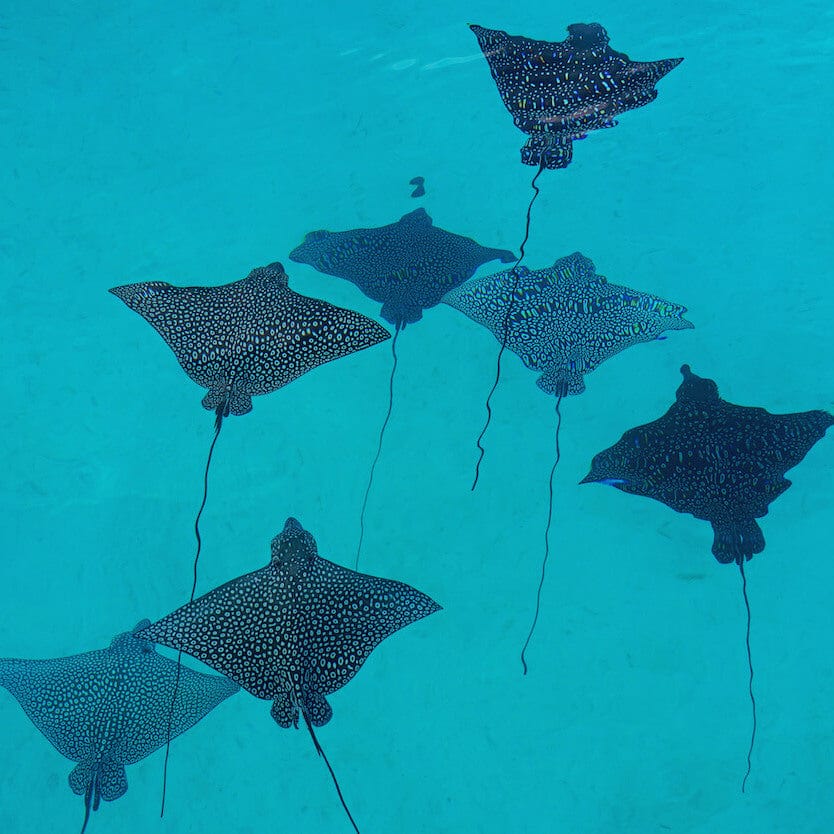
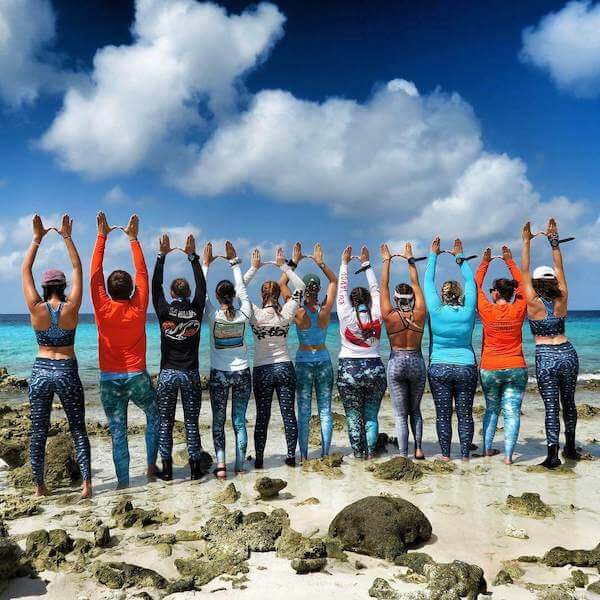
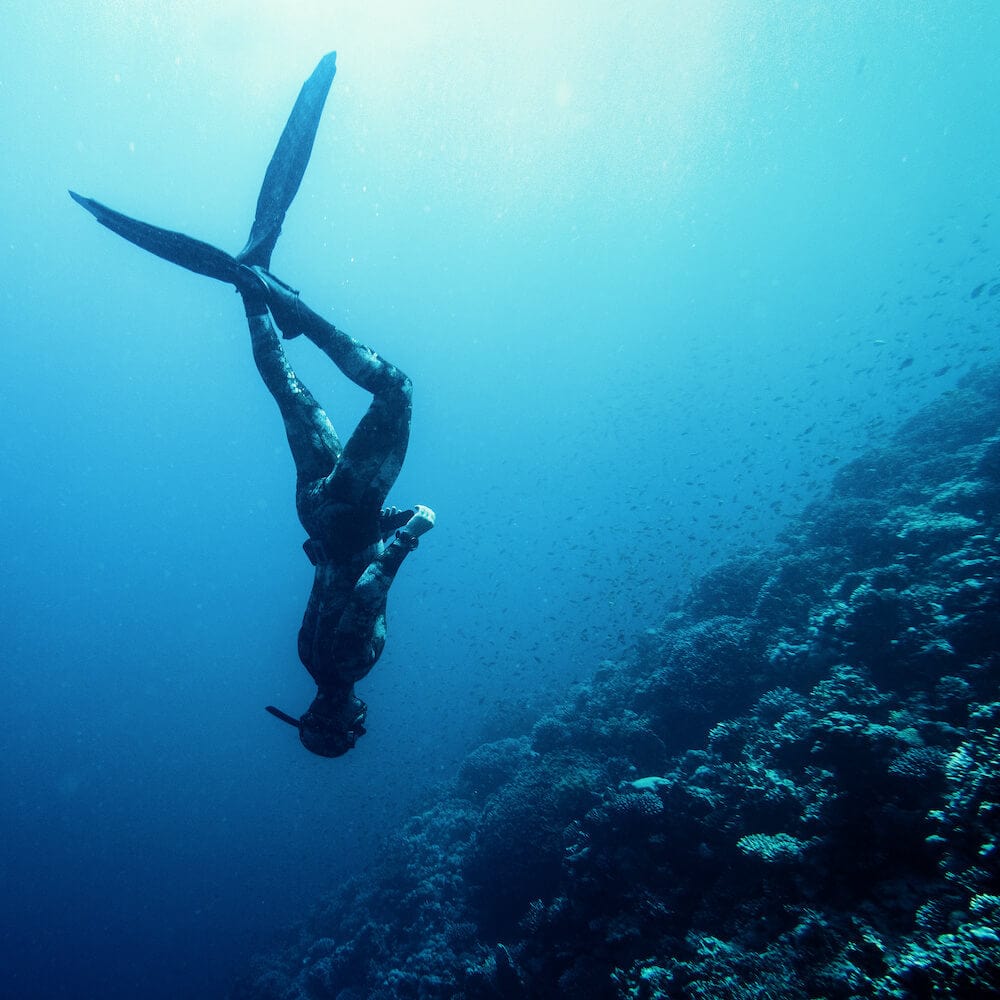

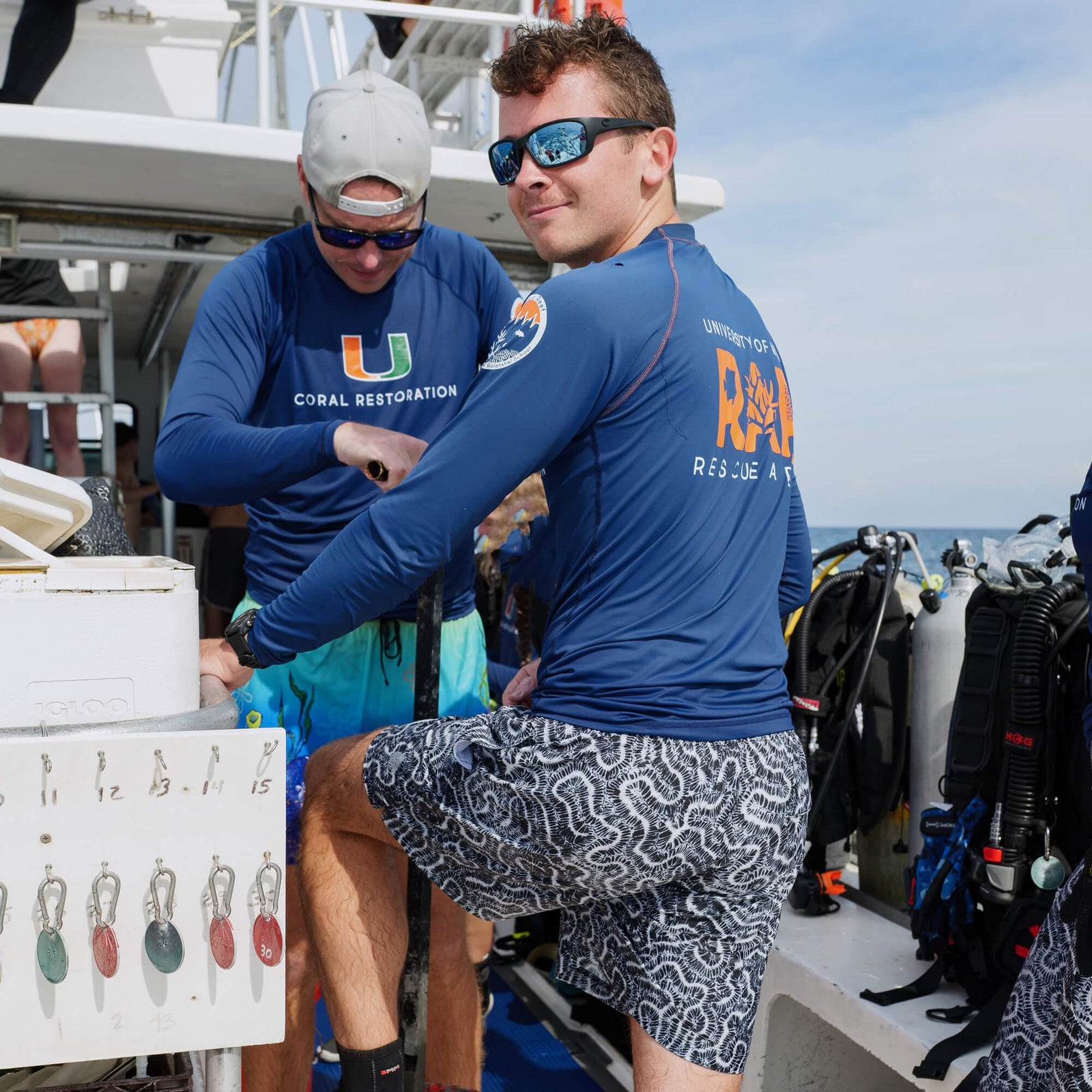
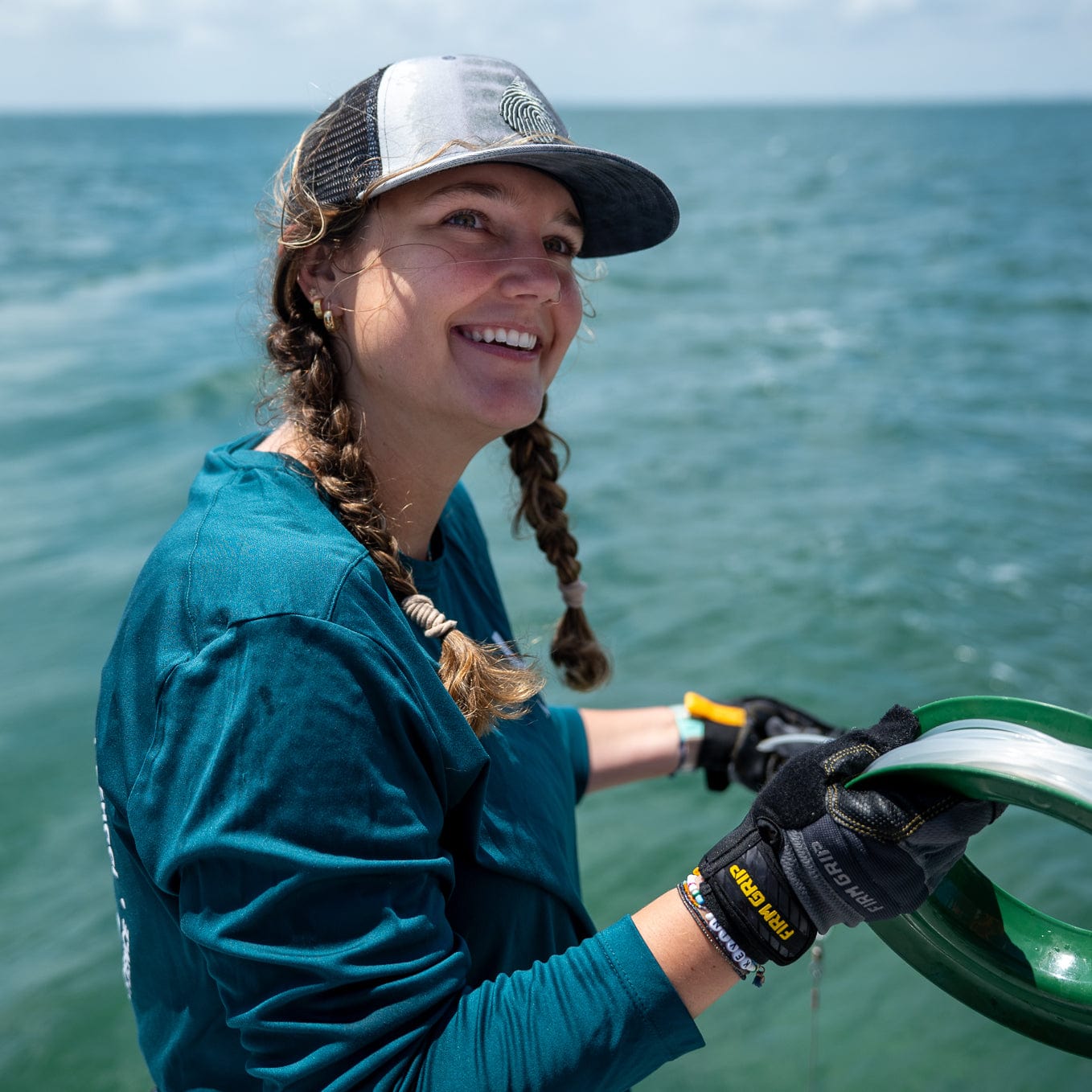

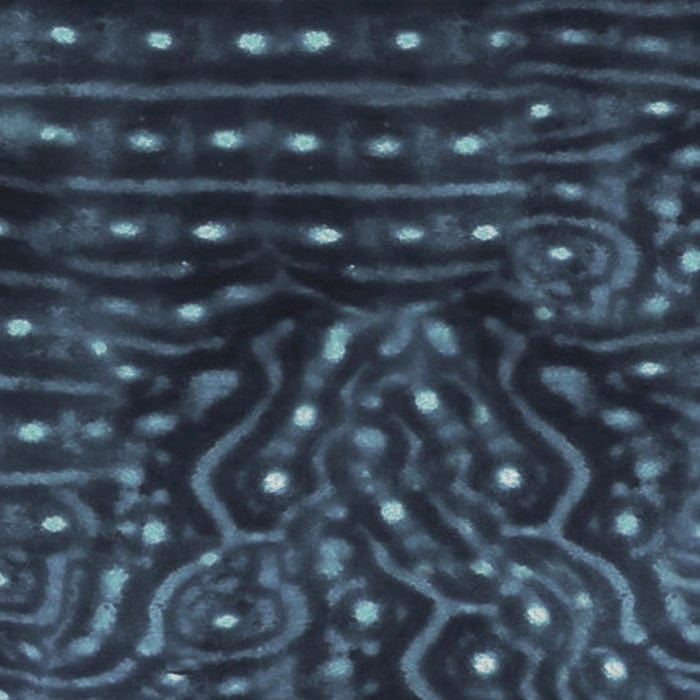





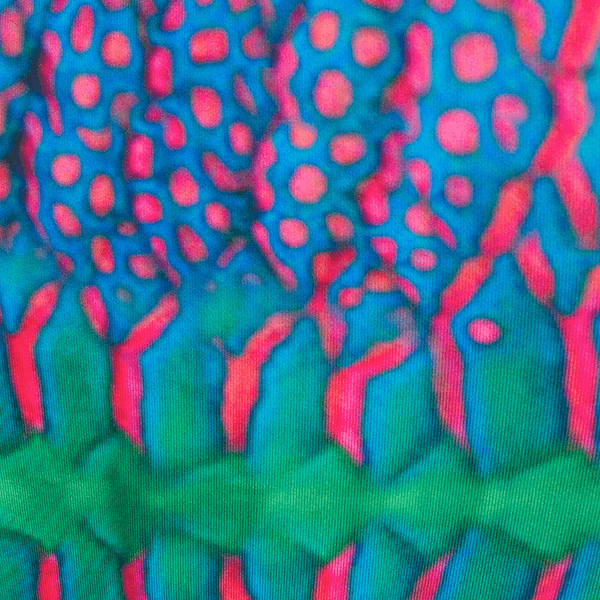
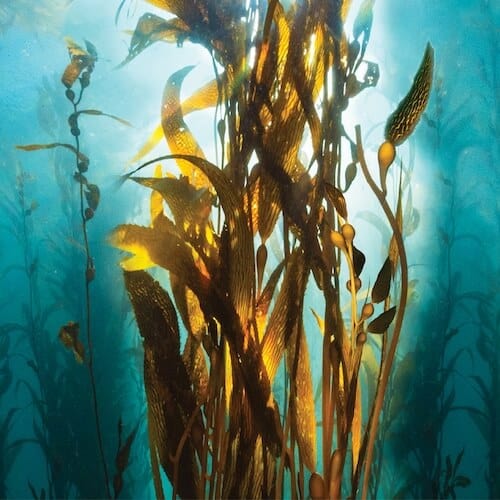
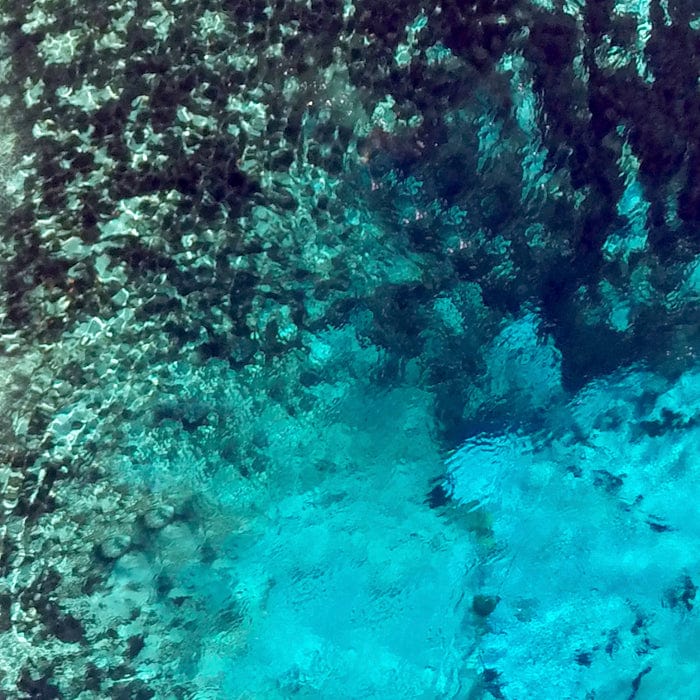

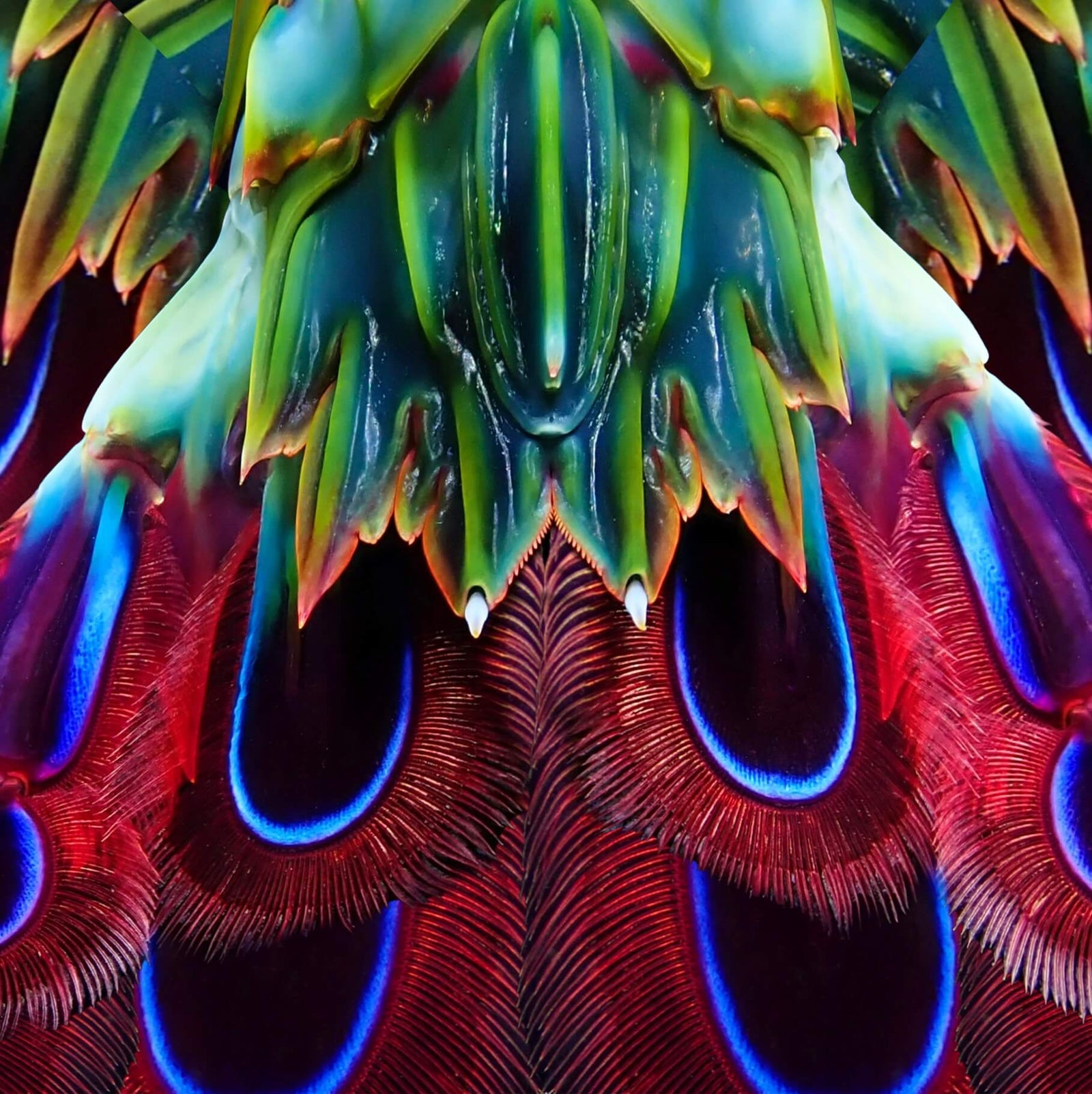

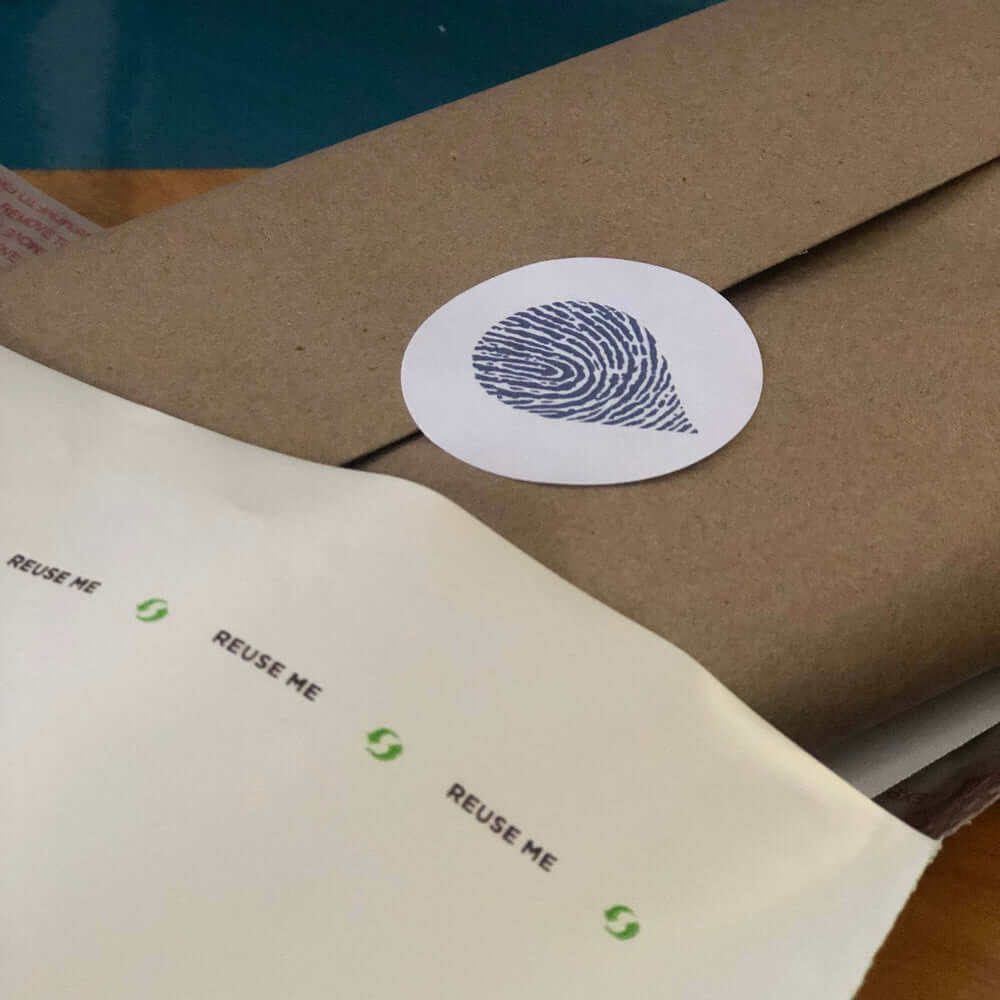
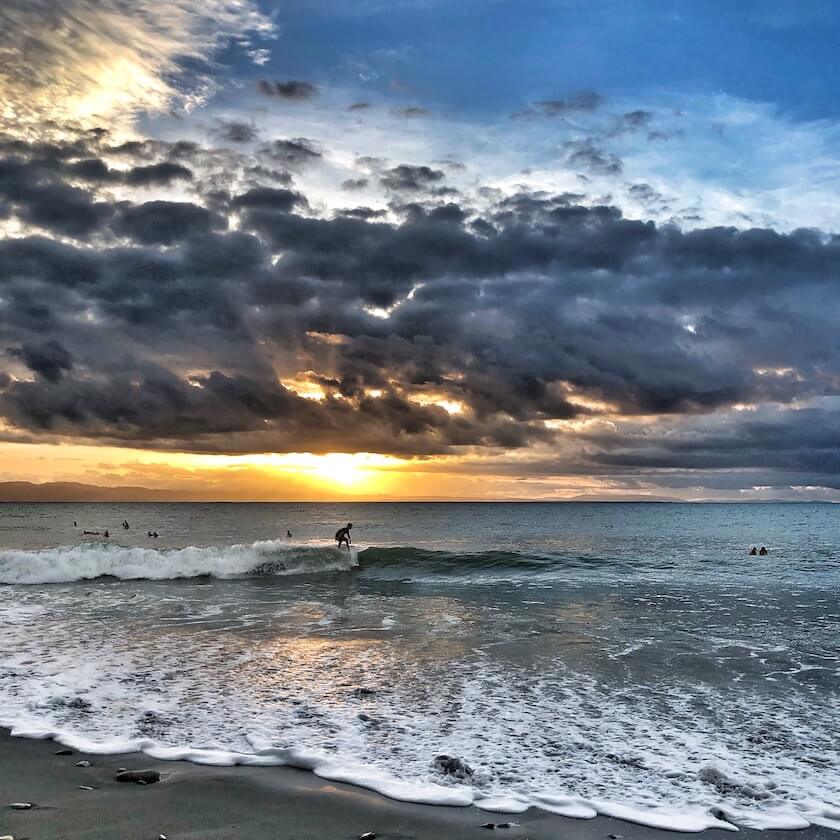
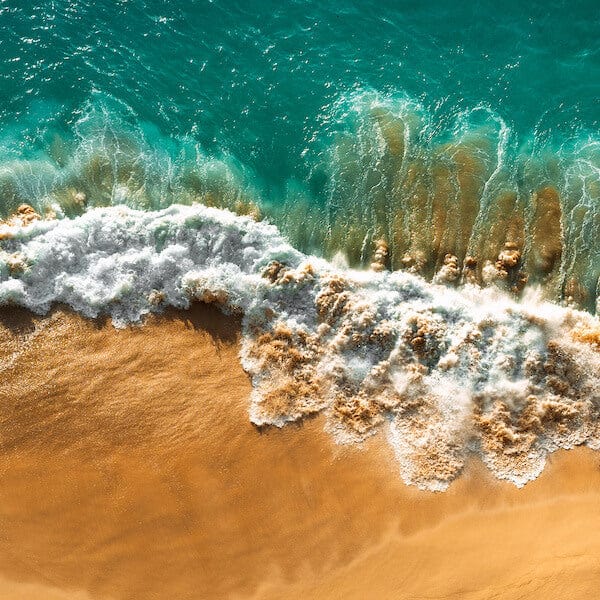
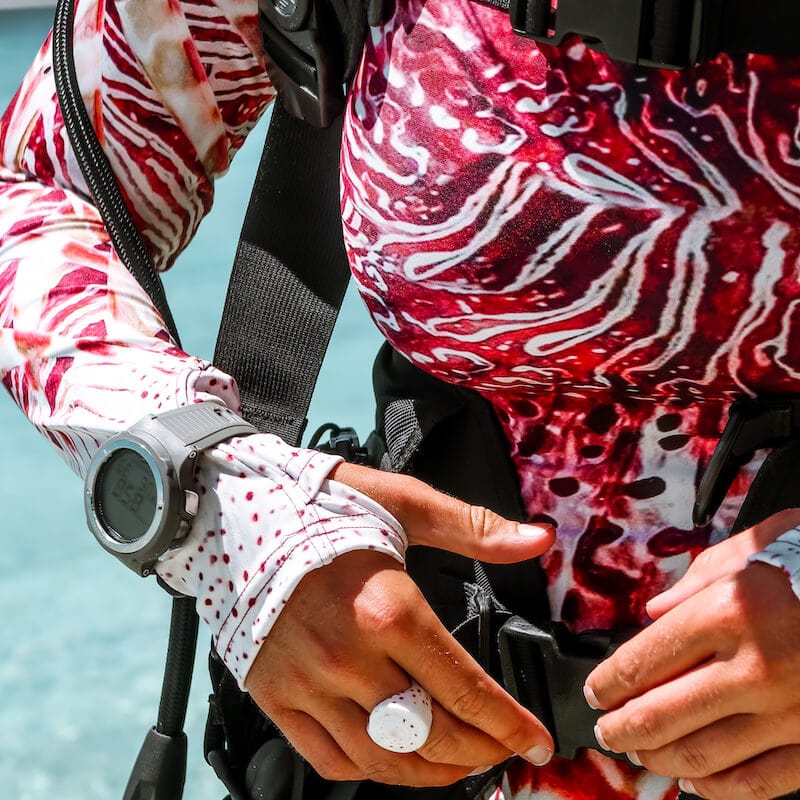

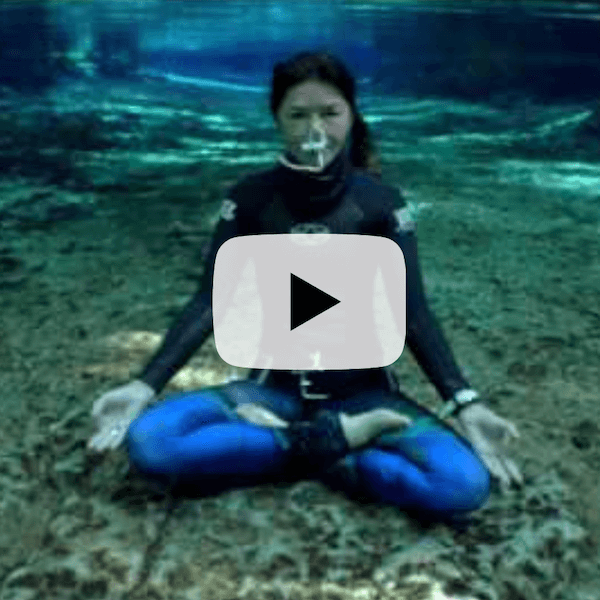
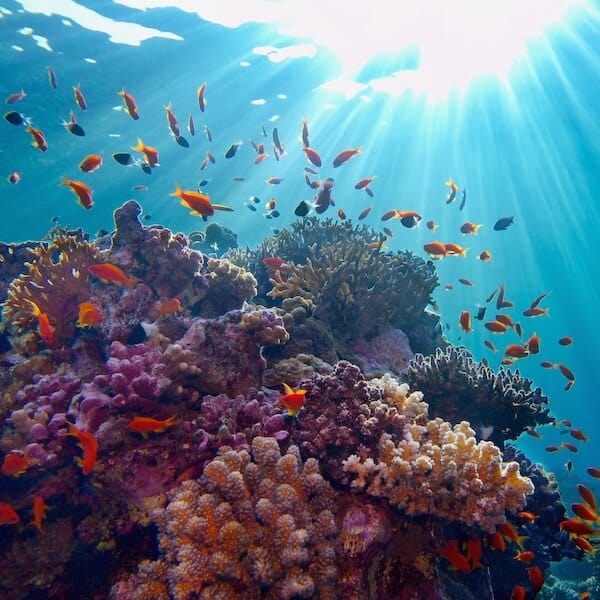
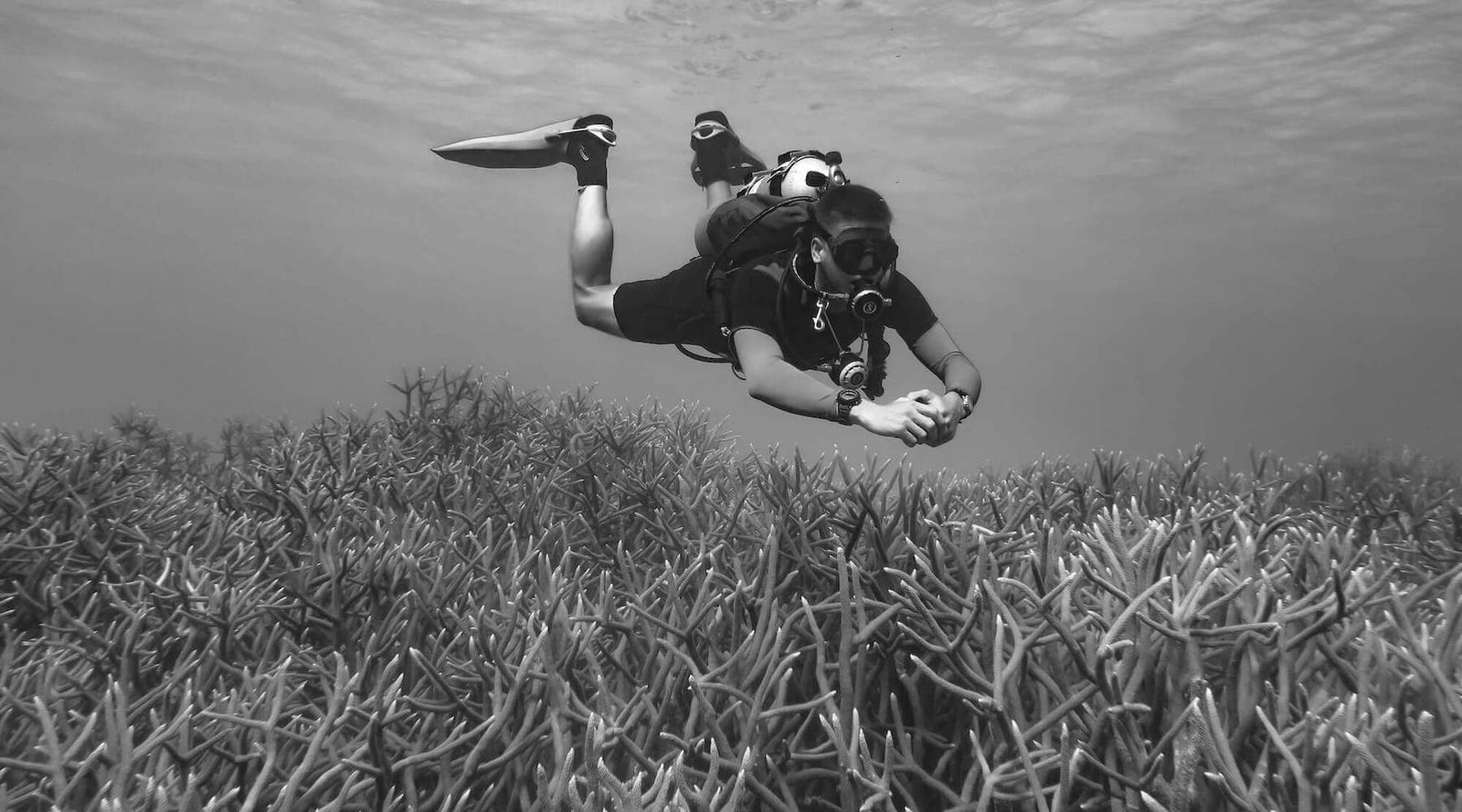
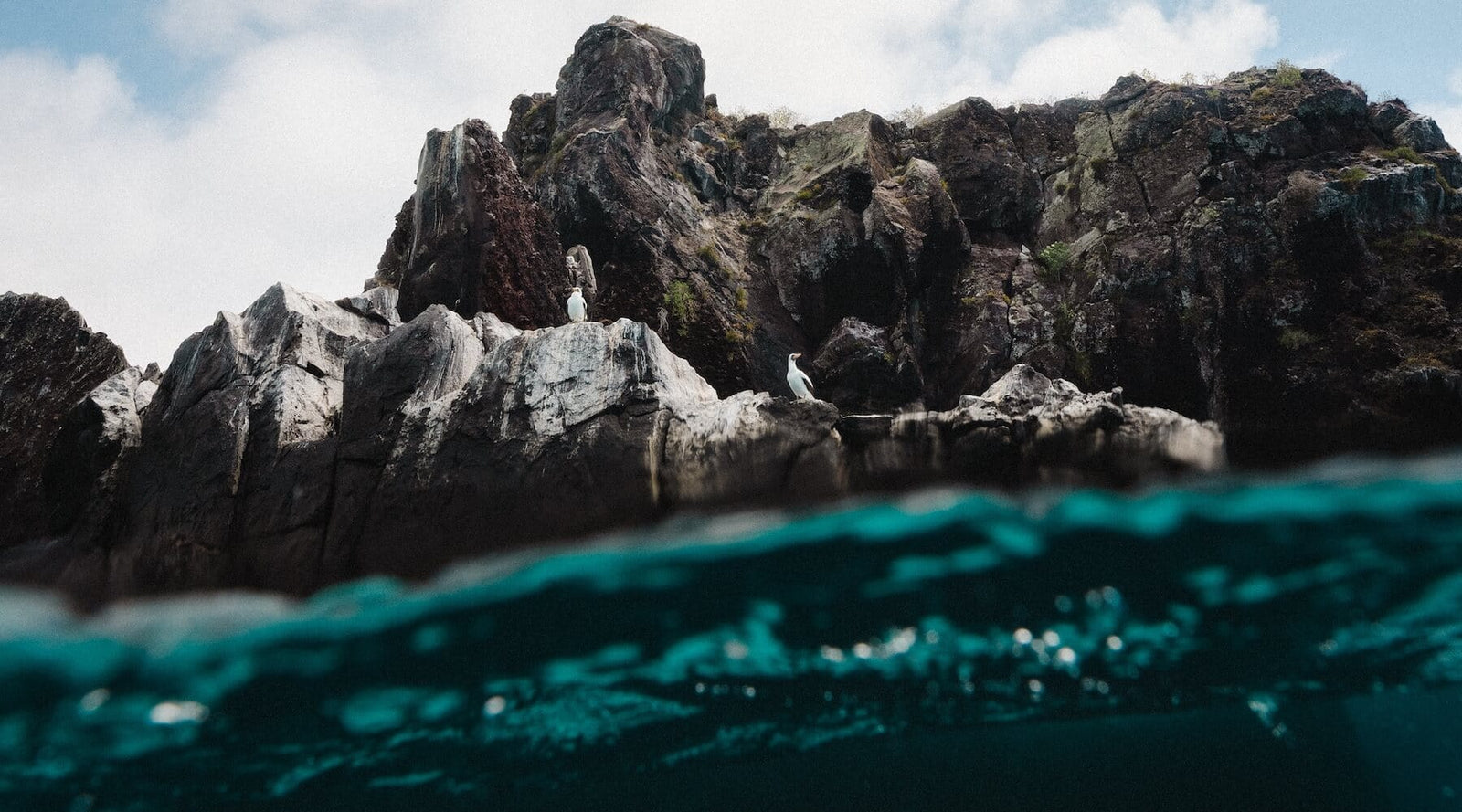

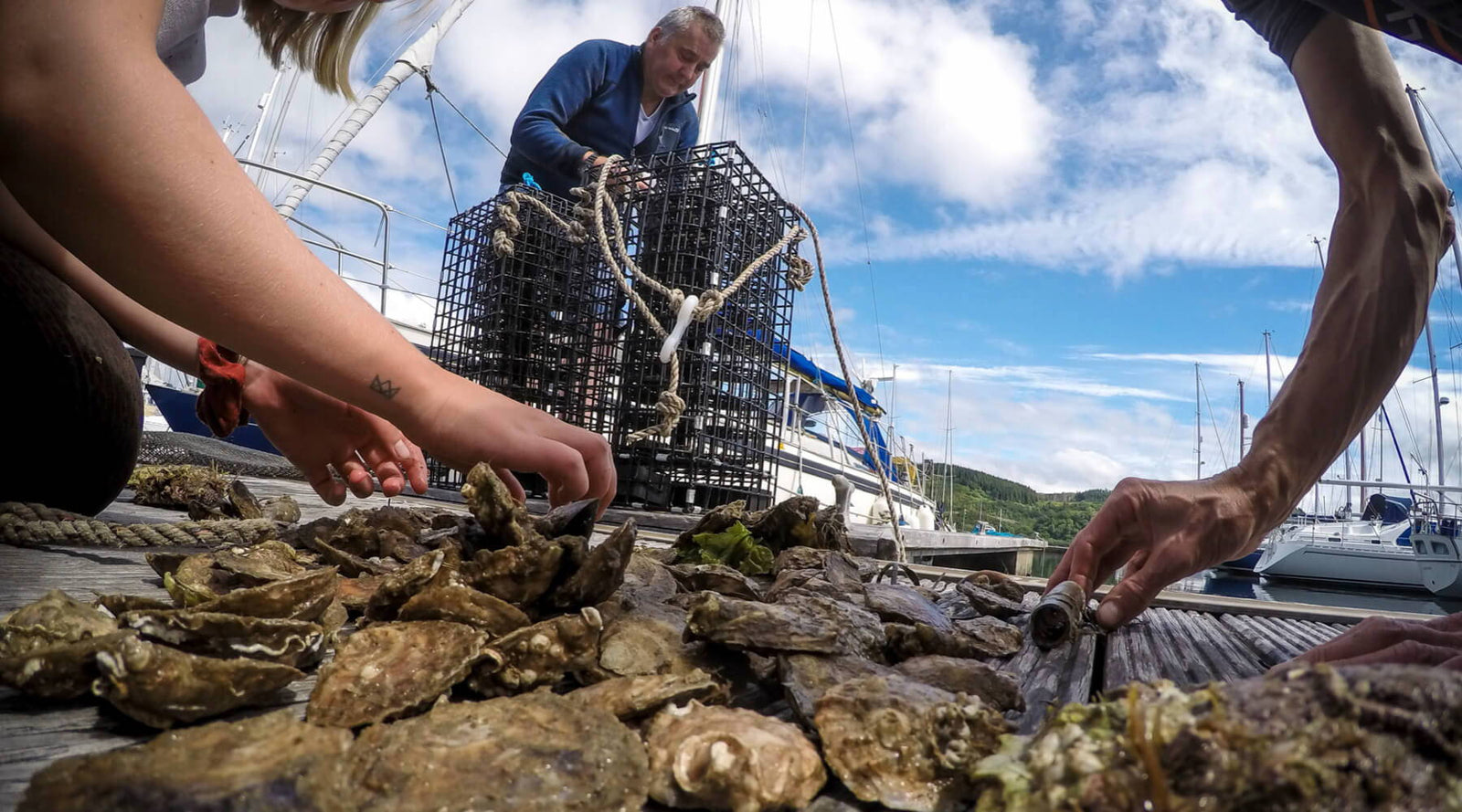
Courtney Brady
June 05, 2021
This article was a wonderful read. I am currently launching a pilot program to bring students together from the United States and Nicaragua as part of a sea turtle restoration initiative. These tips are amazing and something that I will share with the teacher with whom I’m working. Thank you for this insight.